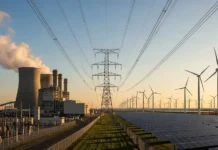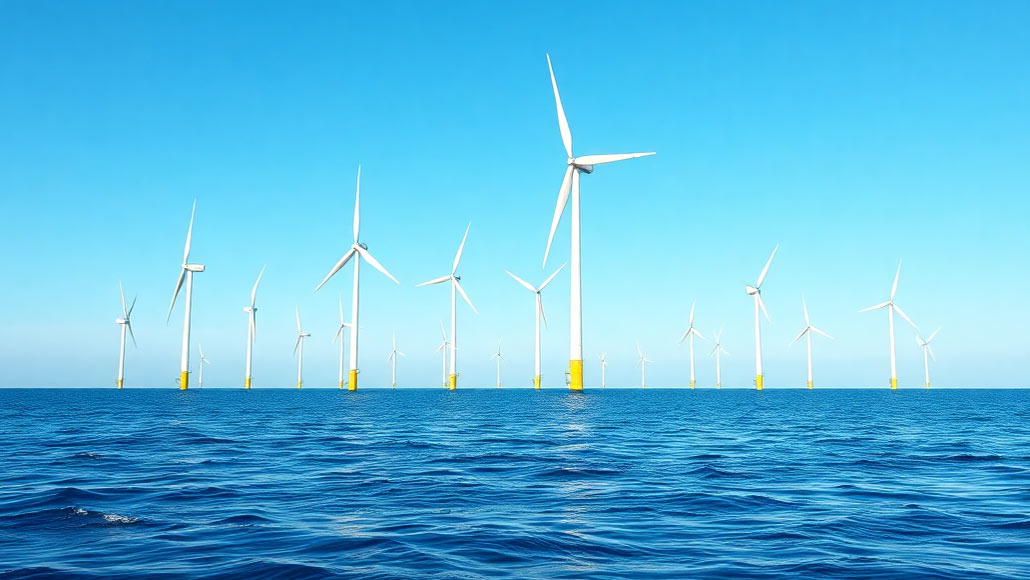The European Commission is speeding up the process of transitioning to a decarbonised European economy by giving top priority to electrification with renewables as its foundation. Towards this initiative, it has put forward a new policy tool called Tripartite Contracts, specifically in Offshore Wind. The mechanism aims at better risk sharing and enabling Power Purchase Agreements (PPAs) with industrial offtakers.
At a recent EU Energy Ministers’ meeting in Denmark, EU Energy Commissioner Dan Jørgensen presented the initiative, noting its potential for Europe’s energy transition.
In the Tripartite Contract, governments intervene as an active third party to share risks between energy industries and developers. This can reduce costs as well.
Wind energy is already supporting the electrification of European industry, often through PPAs. Yet in many cases, a business case for offshore wind farms or for industrial electrification is missing. Tripartite Contracts in offshore wind are designed to close this gap.
In this system:
- Industry consumers commit to sourcing renewable electricity at agreed prices
- Developers commit to building wind farms
- Governments or financial institutions provide guarantees, regulatory clarity, and incentives.
These interventions can save money, share risk, and enable both parties to move forward with assurance. Tripartite Contract projects may also benefit from faster regulatory processes or reduced grid costs, as support granted under these contracts would automatically qualify for state aid clearance.
Tripartite Contracts bring a series of benefits for both developers and industry:
- They increase investment security by reducing exposure to price volatility over the 25-30 year operating life of offshore wind farms. By matching developers with industrial offtakers, revenue risks are alleviated.
- Financing costs are also minimized, as banks lend more assuredly when future streams of revenue are assured. Reduced risk is equated with reduced borrowing costs, especially in capital-intensive offshore ventures. Subsequently, wind energy development becomes cheaper.
- An added advantage is industrial cost reduction. Direct purchase of renewable energy from offshore farms saves industries on electricity bills.
- By stabilising energy prices, Tripartite Contracts strengthen Europe’s competitiveness and allow energy-intensive sectors such as steel, chemicals, and ICT manufacturing to continue operating within Europe rather than relocating.
Another critical measure to improve offshore wind farm business case involves properly indexed two-sided Contracts for Difference (CfDs). The wind industry has called for a new framework: governments should commit to auctioning 10 GW of offshore wind annually between 2031 and 2040 under CfDs, alongside 5 GW annually of projects supported by PPAs. In return, the industry would commit to driving down costs by 30%.
These moves would be viewed as crucial to stem the very high risks now being carried by developers alone. Tripartite Contracts in Offshore Wind has the potential to become a pillar of Europe’s decarbonisation agenda with more policy support and structural changes, matching industrial demand with renewable supply and fuelling the development of key energy infrastructure on the continent.










































